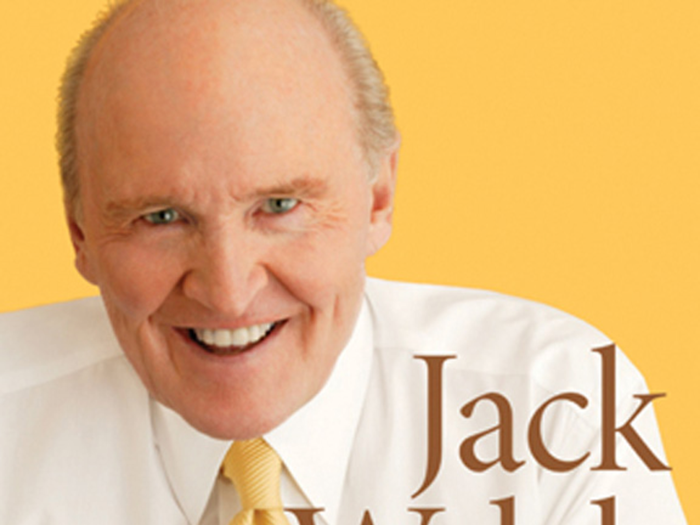33 Books Every Entrepreneur Should Read
"Business Adventures" by John Brooks

"Business Model Generation" by Alexander Osterwalder
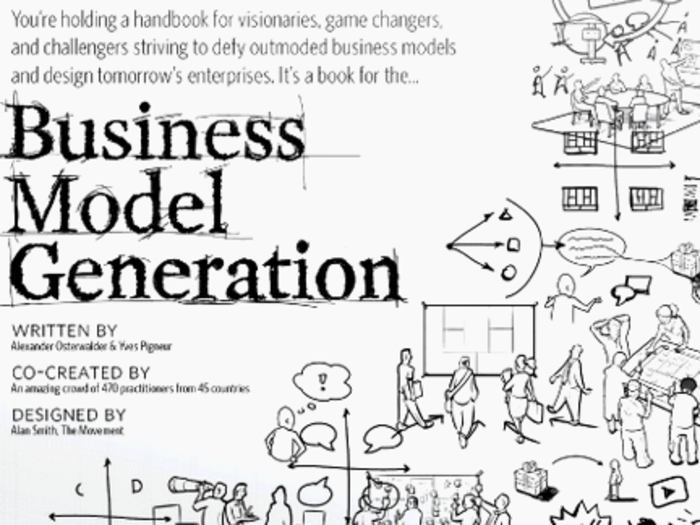
Entrepreneurs swear by this "handbook for visionaries, game changers, and challengers." As traditional business models are being disrupted, it's essential for today's entrepreneurs to create new models in order to gain a competitive advantage.
Read more about "Business Model Generation."
"The Start-Up Of You" by Reid Hoffman and Ben Casnocha
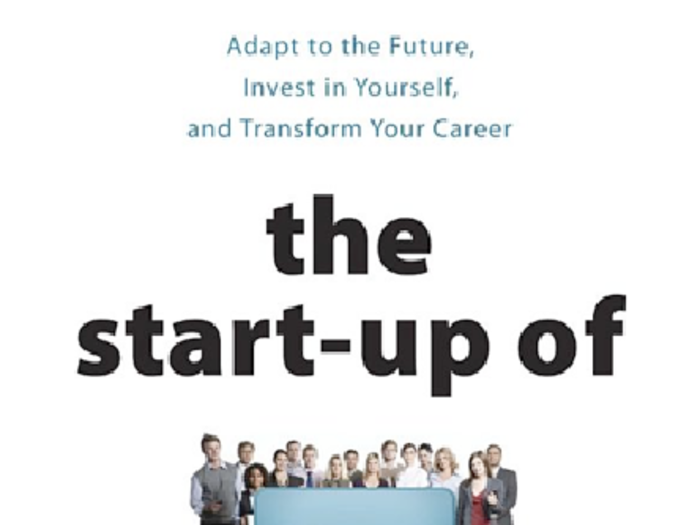
LinkedIn cofounder Reid Hoffman put together an excellent roadmap for entrepreneurs, based on his own career and experience working with some of the most innovative minds in business. He explains that everyone should be in "permanent beta" mode if they want to adapt and survive in today's business world, which means:
1. To always be starting.
2. To forever be a work in progress.
Read more about "The Start-Up Of You."
"Outliers" by Malcolm Gladwell
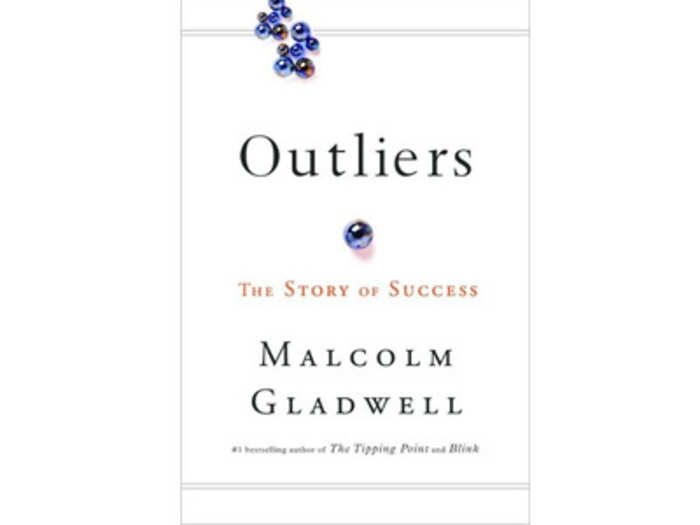
Gladwell's third bestseller explains how hard work and luck equally play into success. For example, several of the tech titans in Silicon Valley were born within a few years of one another, in very specific circumstances, which allowed them to create disruptive technologies. But luck isn't anything without hard work: Gladwell also popularized the idea that it takes 10,000 hours of practice to create a genius.
Read more about "Outliers."
"The Four Steps To The Epiphany" by Steve Blank

Blank's book prompted the "Lean Startup" movement, which says that you need to get traction in the market as quickly as possible, instead of developing a final version of a product before releasing it.
Read more about "The Four Steps To The Epiphany."
"#GIRLBOSS" by Sophia Amoruso

After failing at job after job, Nasty Gal founder Sophia Amoruso started selling vintage clothing online, eventually turning the enterprise into a $100 million business. In her memoir, Amoruso candidly shares how she built the company by focusing on customer service and learning as she went.
Read more about "#GIRLBOSS."
"From Resource Allocation To Strategy" by Joseph Bower
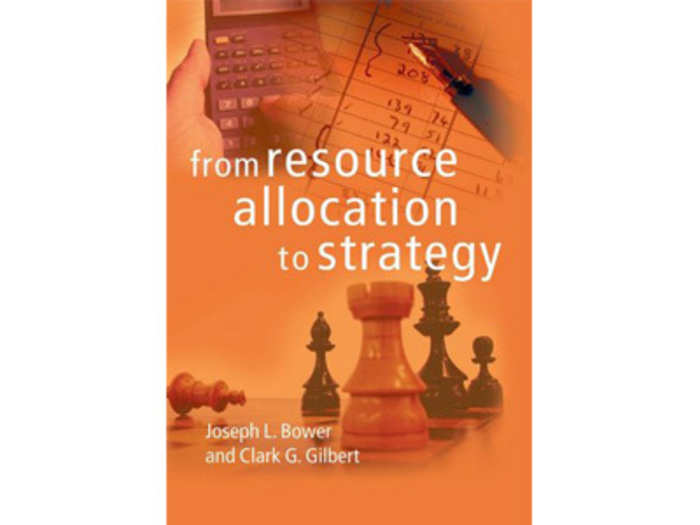
Bower offers a comprehensive guide to how organizations work. Drawing on decades of research from the top business schools, he explains how to develop an effective corporate strategy, and how to prevent breakdowns in the system. Harvard Business School professor Clay Christensen recommended it to us as "a classic book about how the world works."
Read more about "From Resource Allocation To Strategy."
"Rework" by Jason Fried and David Heinemeier Hansson
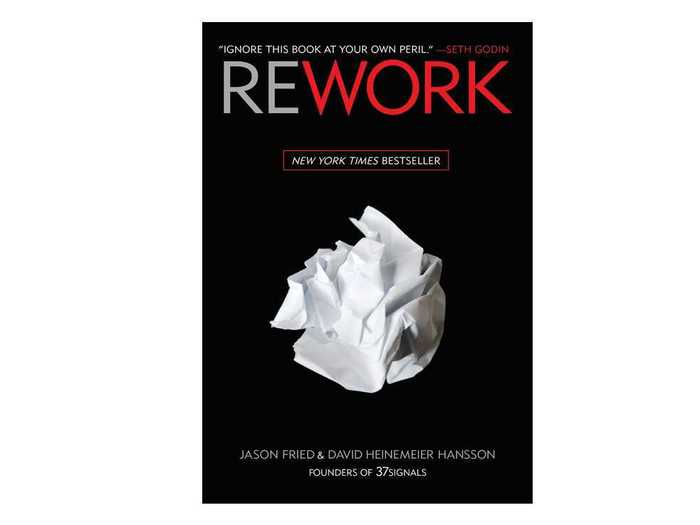
Written by the founders of 37signals, a software company that makes business applications, the book takes traditional wisdom on marketing, productivity, and starting a business, and turns it on its head — because nothing is quite the same in the age of internet startups.
Read more about "Rework."
"My Years With General Motors" by Alfred Sloan

After taking over GM in 1923, Sloan turned around the disorganized company and restructured it into a powerful competitor against rival Ford. Even 50 years later, Sloan's insights on how to run a giant corporation are applicable to anyone trying to run a business.
Read more about "My Years With General Motors."
"The Practice Of Management" by Peter Drucker
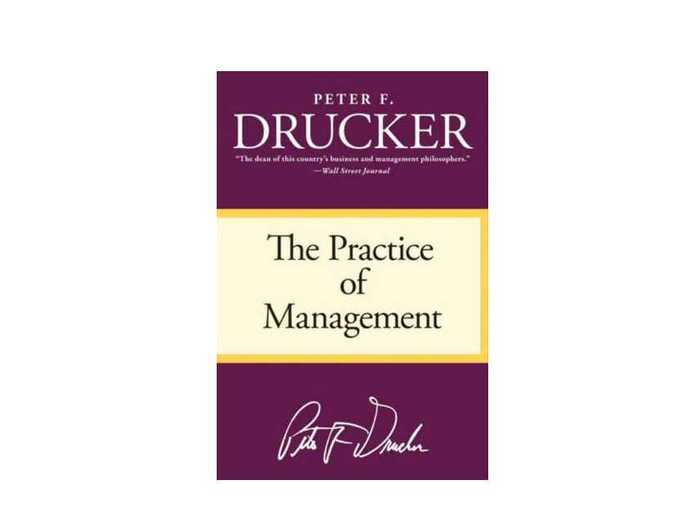
This is the book that almost single-handedly created and popularized the idea that management was something that could be studied, measured, and improved. Many management practices that have become gospel originated with Drucker.
Read more about "The Practice Of Management."
"Losing My Virginity: How I Survived, Had Fun, And Made A Fortune Doing Business My Way" by Richard Branson
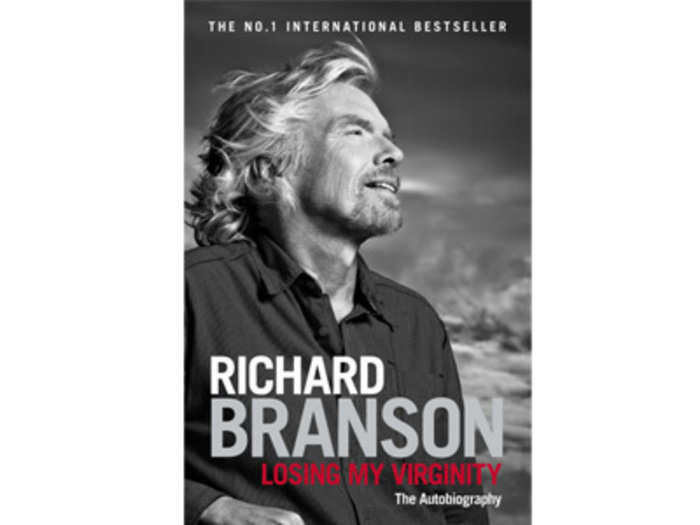
One of the world's most iconic billionaires shares how he built his Virgin empire with the philosophy "Oh, screw it, let's do it." Branson's autobiography shows how having the confidence to fail is one of the surest ways to success.
Read more about "Losing My Virginity."
"Founders at Work" by Jessica Livingston
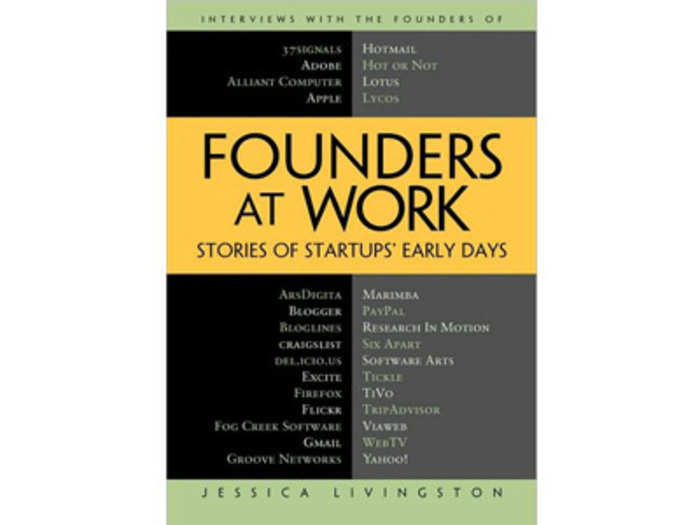
Livingston provides a look into the early days of software startups. The book is down-to-earth and goes into the grainy details of what it was like to be in the trenches of the early '80s tech boom to the Web 2.0 days. Plus, the book picks the brains of some very experienced entrepreneurs.
Read more about "Founders At Work."
"How To Win Friends And Influence People" by Dale Carnegie
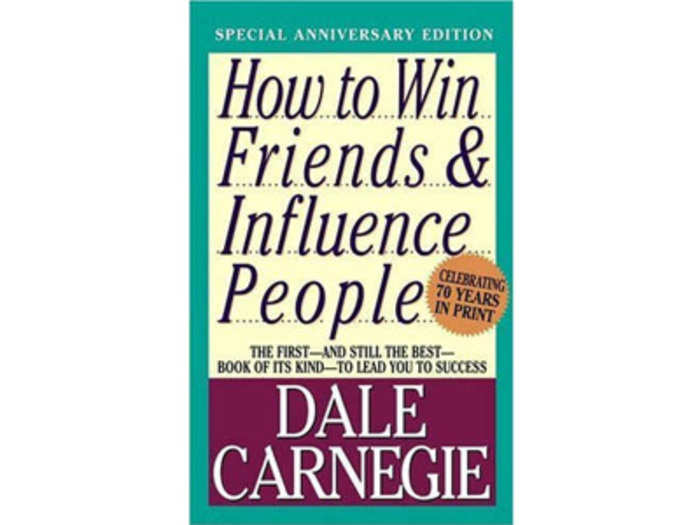
This is a classic self-help book, but don't let that scare you away. It's essential to understanding the fundamentals of how to get people to like you, make good conversation, and win people over to your way of thinking — in other words, what you need to succeed in business.
Read more about "How To Win Friends And Influence People."
"The Zigzag Principle" by Rich Christiansen
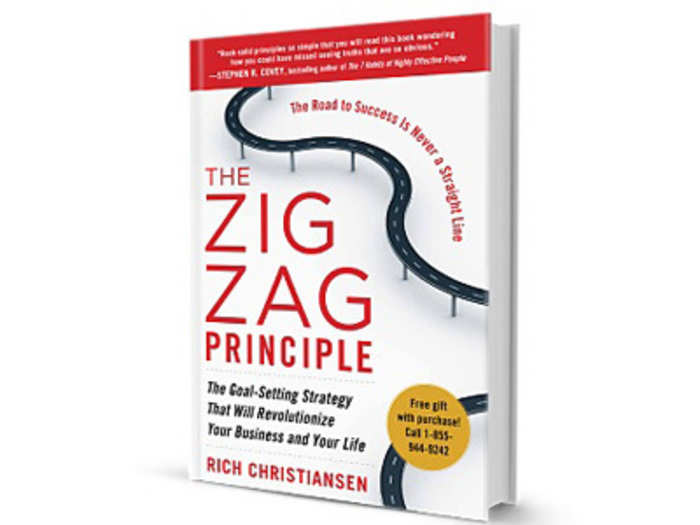
Christiansen maintains that you should ignore all the voices that tell you to charge full steam ahead toward your goals. Instead, he says you have to zigzag around obstacles while staying your course to reach your destination.
Read more about "The Zigzag Principle."
"Predictably Irrational" by Dan Ariely

Ariely's book looks deep into human behavior and consumer habits, and it's focused on the revelation that humans are wired to be irrational. Ariely goes deeper by using plenty of first-hand experiments to show that the world is fuzzier than traditional economists would like it to be.
Read more about "Predictably Irrational."
"Good to Great" by Jim Collins
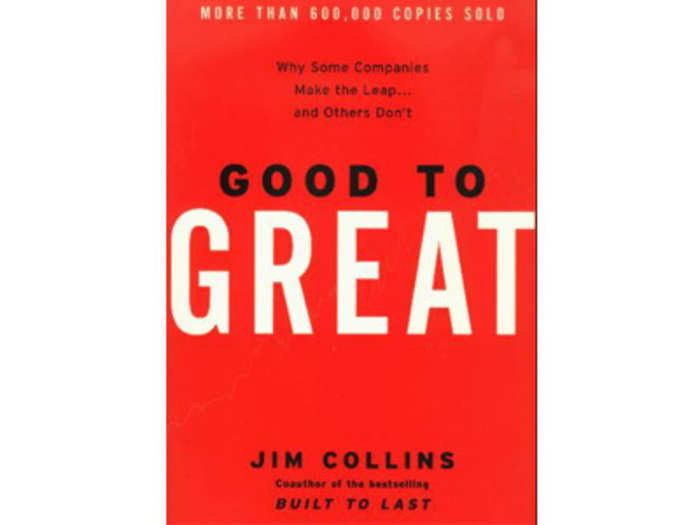
Collins followed up his acclaimed "Built to Last" with this book. It identifies top-performing companies and the traits of the CEOs that lead them. For instance, Level 5 leaders have personal humility and an unwavering resolve to accomplish the tasks at hand. They also create a culture of honesty.
Read more about "Good to Great."
"How To Win At The Sport Of Business" by Mark Cuban
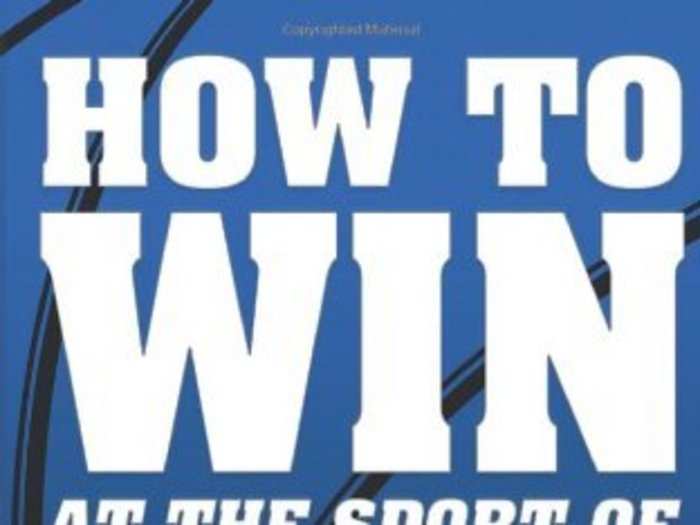
Investor Mark Cuban, owner of the Dallas Mavericks and one of the investors on "Shark Tank," shares how he built his own career, from sleeping on friends' couches to running his own company. The book also offers Cuban's unconventional tips for any aspiring entrepreneur hoping to grow their businesses.
Read more about "How To Win At The Sport Of Business."
"Stress Test: Reflections on Financial Crises" by Timothy F. Geithner
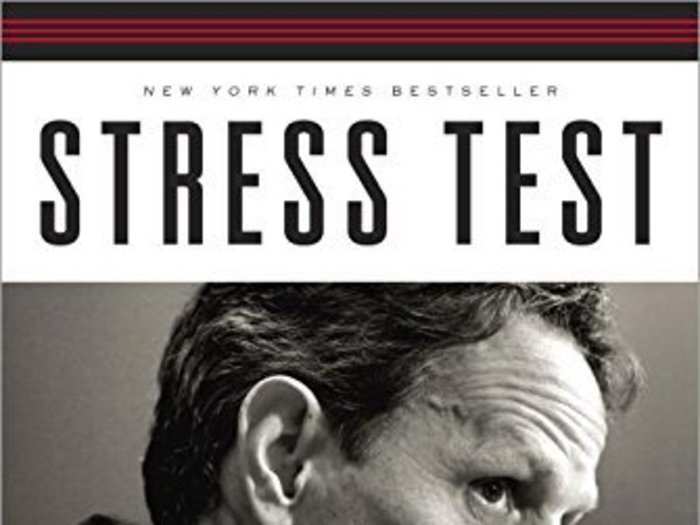
Warren Buffett lists this book, by the former secretary of the treasury, as a must-read for any entrepreneur because it gives a first-hand account of how to manage a business through crisis. In it, Geithner shares his account of the Great Recession, explaining the political and financial decisions he had to make to help steer the nation to recovery.
Read more about "Stress Test."
"The Smartest Guys In The Room: The Amazing Rise And Scandalous Fall Of Enron" by Bethany McLean and Peter Elkind
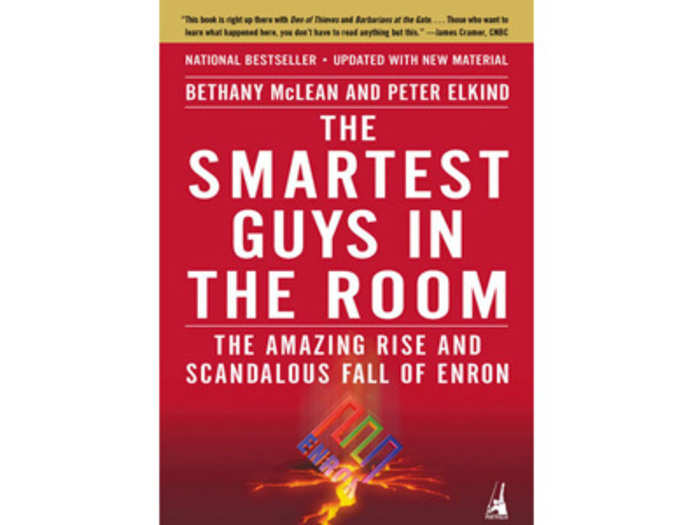
Buffett also names this book as one of his favorites. It's a reminder to all entrepreneurs of the power and importance of ethics, since spectacular downfalls are years — and countless small decisions — in the making.
Read more about "The Smartest Guys In The Room."
"The Startup Game" by William H. Draper
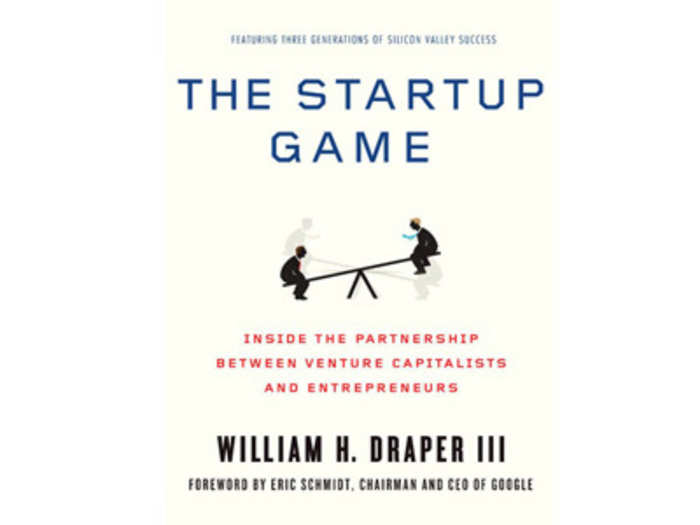
Draper dives deep into the history of venture capital and the culture in Silicon Valley. The book addresses how VCs evaluate both ideas and the entrepreneurs who thought of them.
Read more about "The Startup Game."
"Playing to Win" by Roger Martin and A.G. Lafley
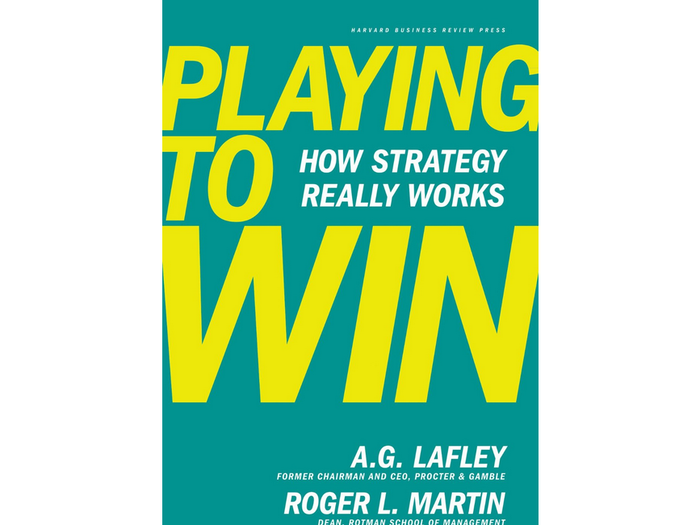
Lafley was the CEO of Procter and Gamble during one of the company's most successful periods, and rejoined the company in 2013 to help it grow again. In this book, Lafley and Roger Martin break down the five choices businesses need to make to create a strategy that's not just competitive, but allows them to win in any market.
Read more about "Playing To Win."
"Innovation and Entrepreneurship" by Peter Drucker
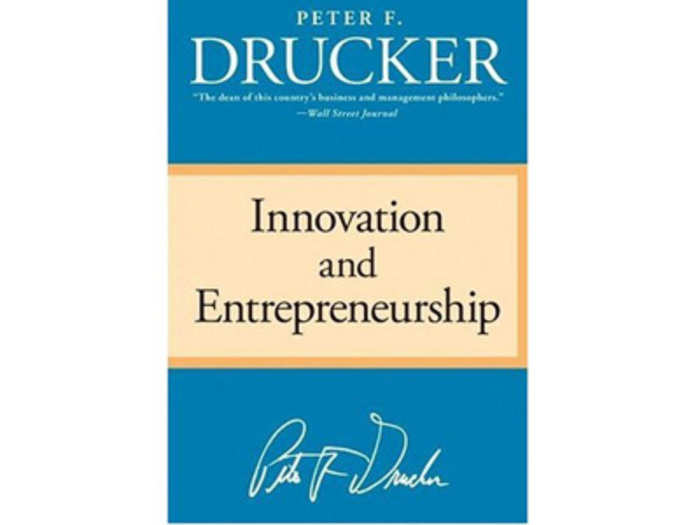
Drucker was one of the top management thinkers of his generation, and his insights about innovation in this book are invaluable. He breaks down the key elements involved in innovation and uses real-world examples to show how they were executed. Though first published back in the 1980s, Drucker's ideas are still quite relevant today.
Read more about "Innovation and Entrepreneurship."
"The Ascent Of Money: A Financial History Of The World" by Niall Ferguson
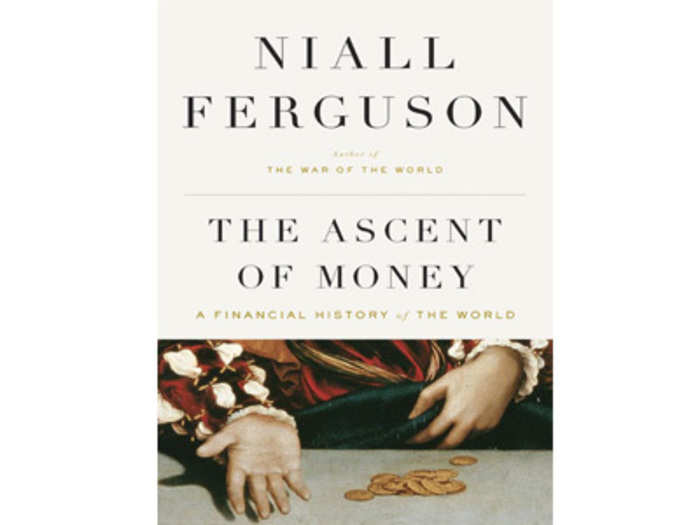
This book, which chronicles the evolution of the financial system, is one of Coca-Cola CEO Muhtar Kent's favorites. It's essential for entrepreneurs to understand the macro economic elements that will ultimately determine if their business succeeds or fails.
Read more about "The Ascent Of Money."
"The Lean Startup" by Eric Ries
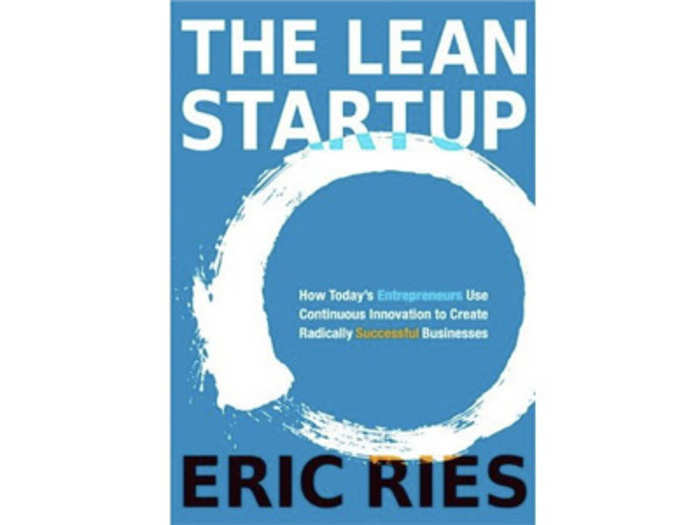
Ries' book provides an approach to dealing with uncertainty, which is integral to the success of a new company. It's often touted by VCs and entrepreneurs as a must-read roadmap for innovation.
Read more about "The Lean Startup."
"The Signal And The Noise" by Nate Silver
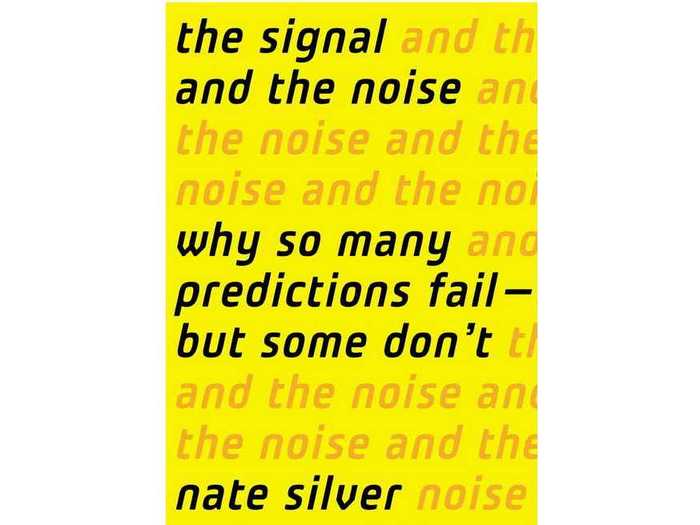
Silver rose to prominence after almost perfectly predicting the outcome of the 2008 elections. He repeated the feat in 2012, after The New York Times started hosting his blog, FiveThirtyEight. This is his examination of the world of prediction and data, and why we're so bad at understanding uncertainty. It's all the more important as big data becomes part of business.
Read more about "The Signal And The Noise."
"So Good They Can't Ignore You: Why Skills Trump Passion in the Quest for Work You Love" by Cal Newport
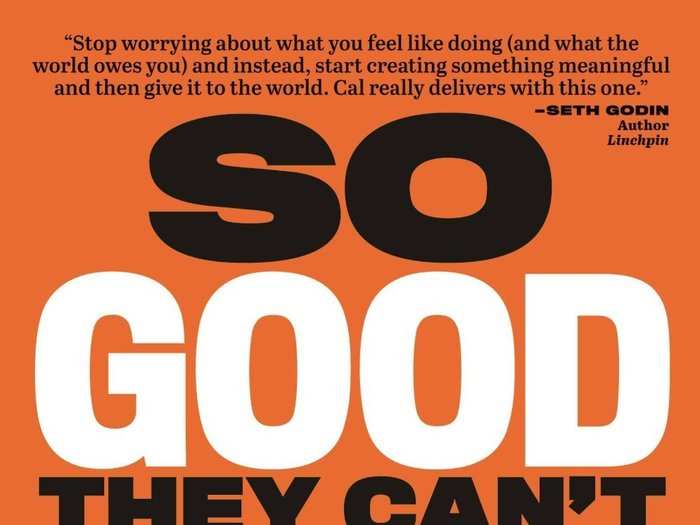
Kevin Kelly, founder of Wired, recommends this book to anyone looking for meaning in their career. After shooting down the common belief that you should follow your passion when deciding on a career path, Newport spoke with people across all industries who love what they do to figure out what truly incites passion in a career.
Read more about "So Good They Can't Ignore You."
"All Marketers Are Liars" by Seth Godin
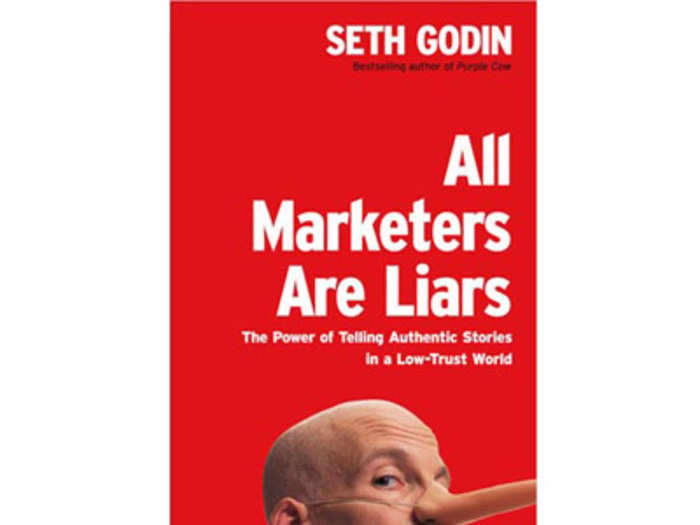
Godin believes that the key to marketing is telling a story, and this book has become his manifesto on the subject. When marketers tell a good story, consumers will repeat the story, and they eventually they will accept that story as a reality. But without being authentic, you'll never get to that point.
Read more about "All Marketers Are Liars."
"The 48 Laws of Power" by Robert Greene
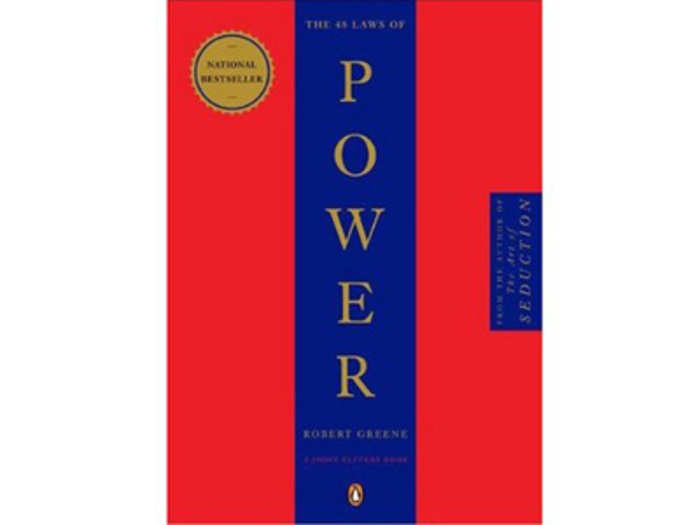
Greene wrote the book while navigating the highly political Hollywood film industry. He told us in an interview that he was disturbed by the psychological gamesmanship he encountered, so he read up on the history of power — especially Machiavelli — and created this comprehensive guide to understanding the dark side to human nature.
Read more about "The 48 Laws Of Power."
"The Innovator's Dilemma" by Clayton Christensen
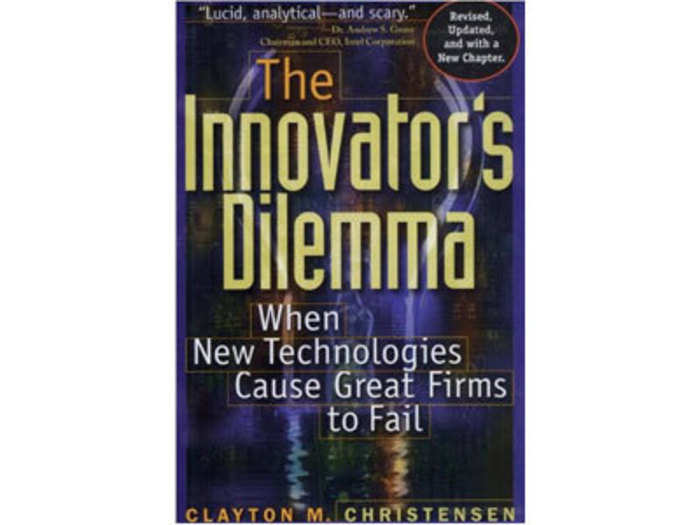
Steve Jobs was "deeply influenced" by Christensen's classic, according to his biographer. The HBS professor introduced Corporate America to the concept of disruptive innovation — or the idea of how new, low-end products can eventually overtake a market. It proved to be extremely prescient — just look at companies like Netflix.
Read more about "The Innovator's Dilemma."
"Delivering Happiness" by Tony Hsieh

Hsieh, CEO of Zappos, created a rabid consumer base for his brand by molding his company's corporate culture. His book is all about Zappos, but there are plenty of applicable ideas that can help any business looking to breed loyal customers.
Read more about "Delivering Happiness."
"Steal Like an Artist" by Austin Kleon
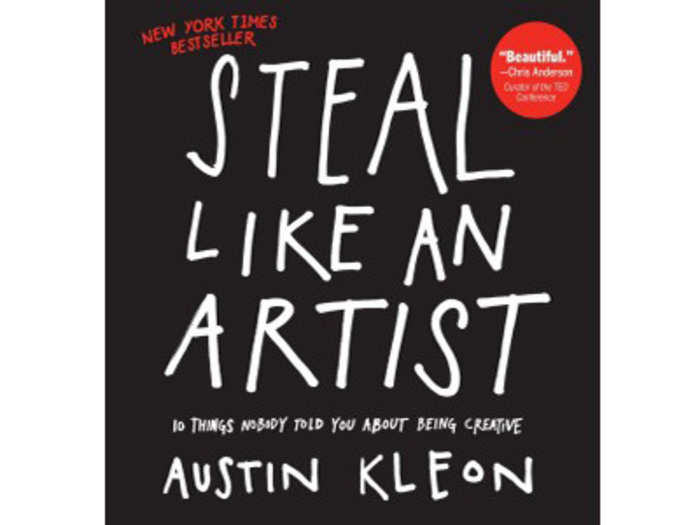
Kleon isn't a prototypical business guru — he's an artist who has some fantastic insights about creativity. The book is a short, easy, very personal read that's packed with practical tips to help kickstart creativity.
Read more about "Steal Like an Artist."
"Zen and the Art of Motorcycle Maintenance" by Robert Pirsig

The classic is filled with complex philosophical discussions, but at its heart it's about problem-solving and the metaphysics of quality. It's a guide to self-reliance and reasoning that every entrepreneur should take the time to read.
Read more about "Zen and the Art of Motorcycle Maintenance."
"Start With Why" by Simon Sinek
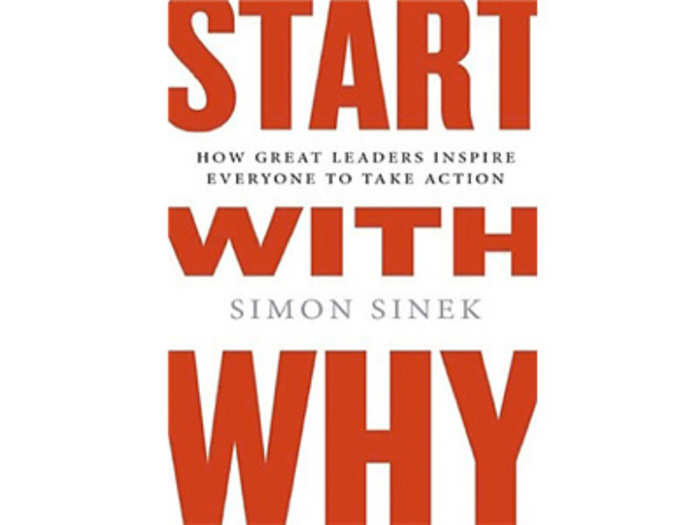
Sinek's book revolves around one simple idea: figuring out what your company's long-term vision is. Why does your organization exist, and why should customers care about it? By doing this, all your other organizational decisions will become much easier.
Read more about "Start With Why."
Popular Right Now
Advertisement
